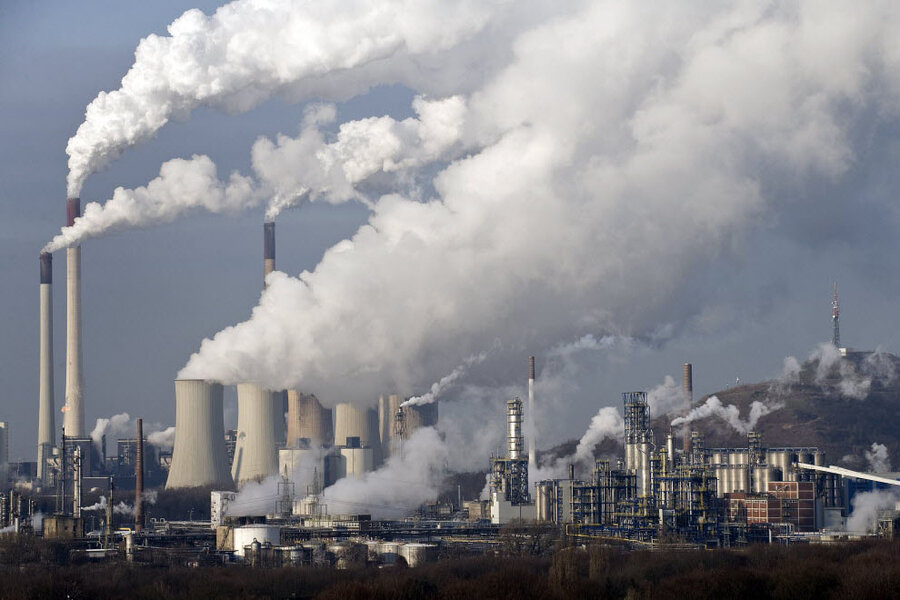How carbon credit scheme resulted in even more greenhouse gas emissions
Loading...
The use of carbon credits – offsetting pollution from one source by preventing it at another – under the Kyoto climate treaty may have worsened climate change instead of reducing emissions of greenhouse gases, a new study indicates.
The authors of the study say that offsets that were created under the United Nations' scheme significantly undermined the efforts to address climate change and estimate it actually increased emissions by some 600 million tonnes of carbon dioxide equivalent.
The study, from the Stockholm Environment Institute, reveals that the majority of the credits from Russia and Ukraine were a sham and no actual emissions were reduced.
The researchers analyzed 60 projects and discovered that a massive 73 percent of credits didn’t meet the key provision of “additionality,” which means that the projects would have occurred anyway without the added incentive of carbon credits.
"Some early projects were of good quality, but in 2011-2012, numerous projects were registered in Ukraine and Russia which had started long before and were clearly not motivated by carbon credits," Vladyslav Zhezherin, a co-author of the study told BBC News.
"This was like printing money," he said.
The BBC reports that, “chemicals known to warm the climate were created and then destroyed to claim cash,” to cash in on carbon credits.
"We were surprised ourselves by the extent, we didn't expect such a large number," Anja Kollmuss co-author of the study told BBC. "What went on was that these countries could approve these projects by themselves [because] there was no international oversight, in particular Russia and the Ukraine didn't have any incentive to guarantee the quality of these credits."
The UN plan, called Joint Implementation, was introduced to allow developed countries to trade some of the carbon-cutting commitments they had made under the Kyoto Protocol. The scheme was to spur climate change mitigation by making it more cost-effective.
“Joint Implementation has suffered from poor oversight and quality for a long time. This study has likely given the deathblow to the JI as we know it,” Eva Filzmoser, director of Carbon Market Watch, an advocacy group, told Politico.
However, the report found that similar offsetting plans in Poland and Germany met very strict criteria.
BBC notes that “because Germany and Poland had tougher emissions targets to meet, they were very careful with their certificates.”





